Enhancing Energy Efficiency with Metal Exhaust Fans: What You Need to Know
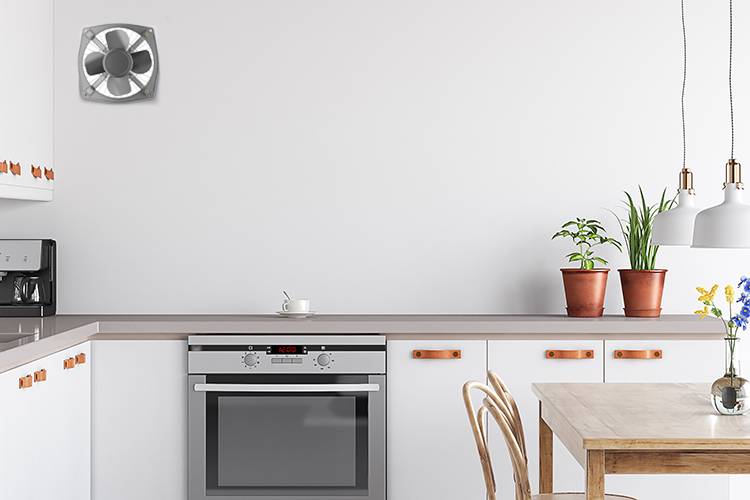
Maintaining good indoor air quality is essential for a healthy and comfortable living environment. Metal exhaust fans play a crucial role in achieving this by removing excess moisture, heat, and airborne contaminants from your home. While various exhaust fan materials exist, metal offers distinct advantages, particularly when it comes to energy efficiency. This blog post will explore the benefits of metal exhaust fans and how they can contribute to a more energy-saving ventilation system.
Why choose Metal Exhaust Fans?
Metal, typically aluminium or galvanised steel, is a popular choice for metal exhaust fans due to several key properties:
-
Durability: Metal is a robust material that can withstand the wear and tear of everyday use. Unlike plastic fans, which can become brittle over time, metal fans offer a longer lifespan, reducing the need for frequent replacements.
-
Corrosion Resistance: Metal is naturally resistant to corrosion caused by moisture and humidity, common concerns in areas like bathrooms and kitchens where exhaust fans are frequently used. This ensures reliable operation for extended periods.
- Heat Dissipation: Metal conducts heat efficiently. In exhaust fans, this translates to better motor performance and reduced heat buildup within the unit, which can contribute to improved energy efficiency.
Energy Efficiency Benefits of Metal Exhaust Fans
Beyond their durability and corrosion resistance, metal exhaust fans offer specific advantages regarding energy efficiency:
- Motor Efficiency: Metal's ability to dissipate heat helps keep the motor cooler. A cooler motor operates more efficiently, consuming less energy to achieve the desired airflow.
- Airflow Performance: The sturdiness of metal allows for the construction of fans with more efficient blade designs. These blades can move air more effectively with less resistance, reducing the energy required to maintain proper ventilation.
- Long-Term Savings: The durability of metal fans translates to long-term cost savings. With a longer lifespan and less frequent replacements, metal exhaust fans can contribute to lower overall energy consumption throughout their operating life.
Choosing the Right Metal Exhaust Fan
When selecting a metal exhaust fan, consider these factors to optimise energy efficiency:
- Size: Choose a fan with the appropriate CFM (Cubic Feet per Minute) rating for the room size. An oversized fan will use more energy than necessary, while an undersized fan won't provide adequate ventilation.
- Speed Settings: Seek for fans with adjustable speeds.This allows you to adjust the airflow according to your needs, using lower speeds for everyday ventilation and higher speeds for intensive tasks like showering.
- Timer Function: Consider a fan with a built-in timer. This allows you to program the fan to run for a specific duration, ensuring proper ventilation while preventing unnecessary energy use.
Byzero and Energy-Efficient Ventilation
At Byzero, we understand the importance of creating sustainable and energy-efficient products. We offer a variety of metal exhaust fans designed for optimal performance and energy savings. Explore our collection to find the perfect fan for your needs and contribute to a healthier and more sustainable home environment.
In conclusion, metal exhaust fans offer a compelling choice for those seeking a durable, energy-efficient solution for their ventilation needs. By considering the factors mentioned above, you can choose a metal exhaust fan that effectively removes air pollutants while minimising energy consumption.
Frequently Asked Questions (FAQs) :
-
Why are metal exhaust fans more energy-efficient than plastic ones?
Metal exhaust fans are more energy-efficient due to their ability to dissipate heat more effectively, leading to a cooler motor which operates more efficiently. Additionally, metal fans often have more efficient blade designs, reducing energy consumption.
-
How does the size of the exhaust fan affect energy consumption?
Choosing the right size exhaust fan is crucial for energy efficiency. An oversized fan will consume more energy than necessary, while an undersized fan might not provide adequate ventilation.
-
Can adjustable speed settings help save energy?
Yes, adjustable speed settings allow you to control the airflow based on your needs, using lower speeds for everyday ventilation and higher speeds when needed. This can help save energy.
-
How does a timer function contribute to energy savings?
A timer function allows you to program the fan to run for a specific duration, preventing unnecessary energy consumption when the fan is not required.
-
Do metal exhaust fans have a longer lifespan compared to plastic ones?
Yes, metal exhaust fans are generally more durable and have a longer lifespan than plastic fans due to their resistance to corrosion and physical damage.

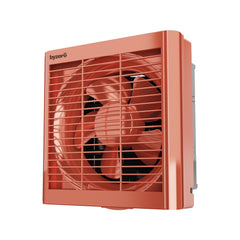
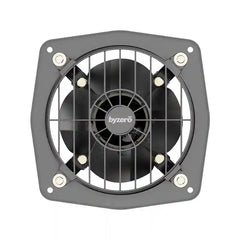
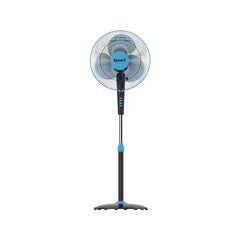
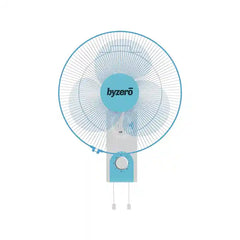
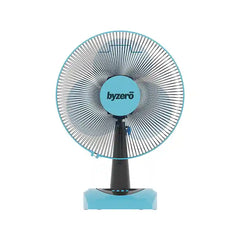
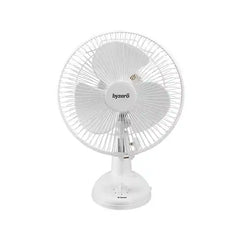



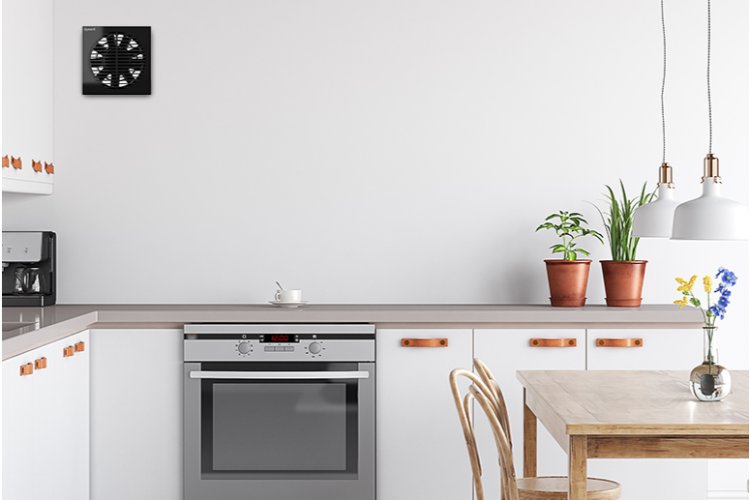
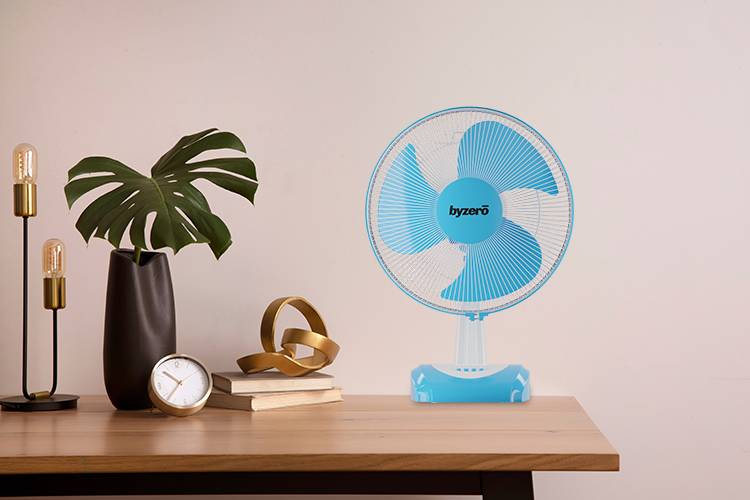

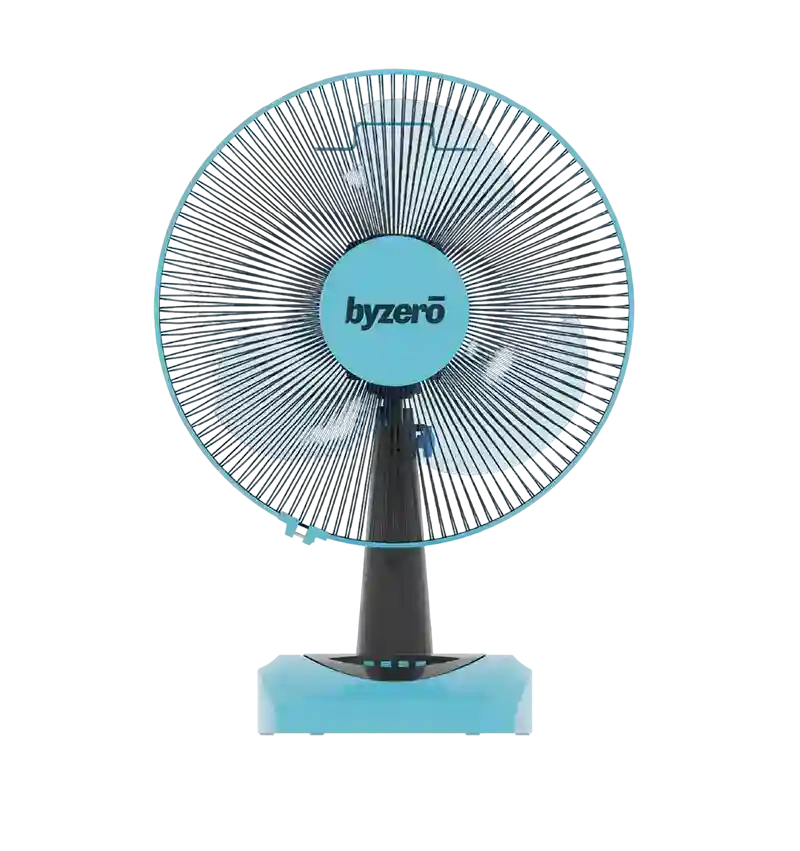
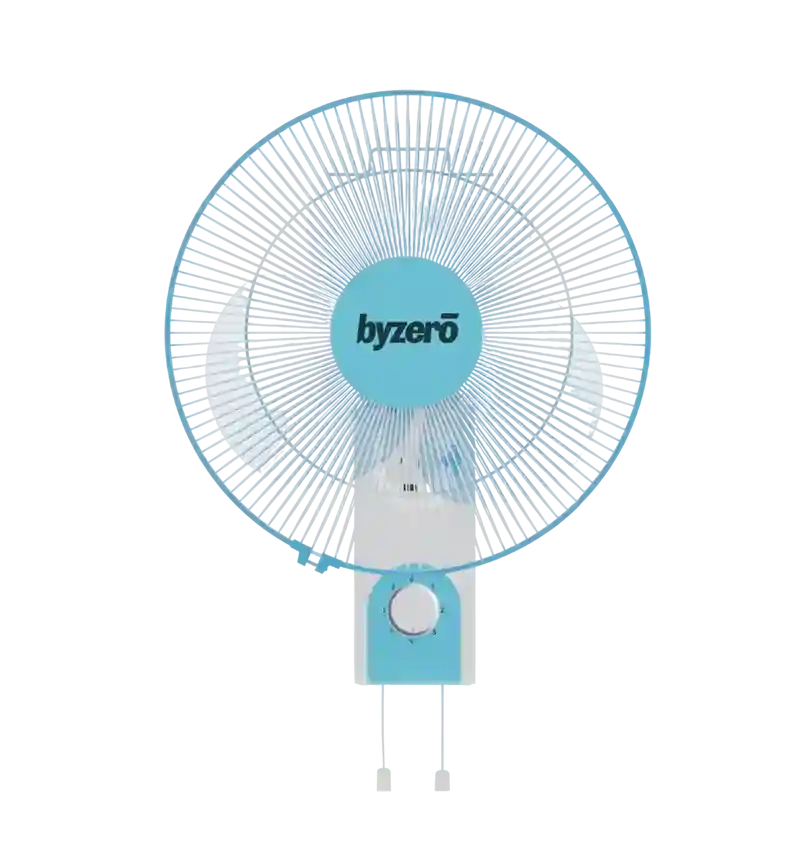
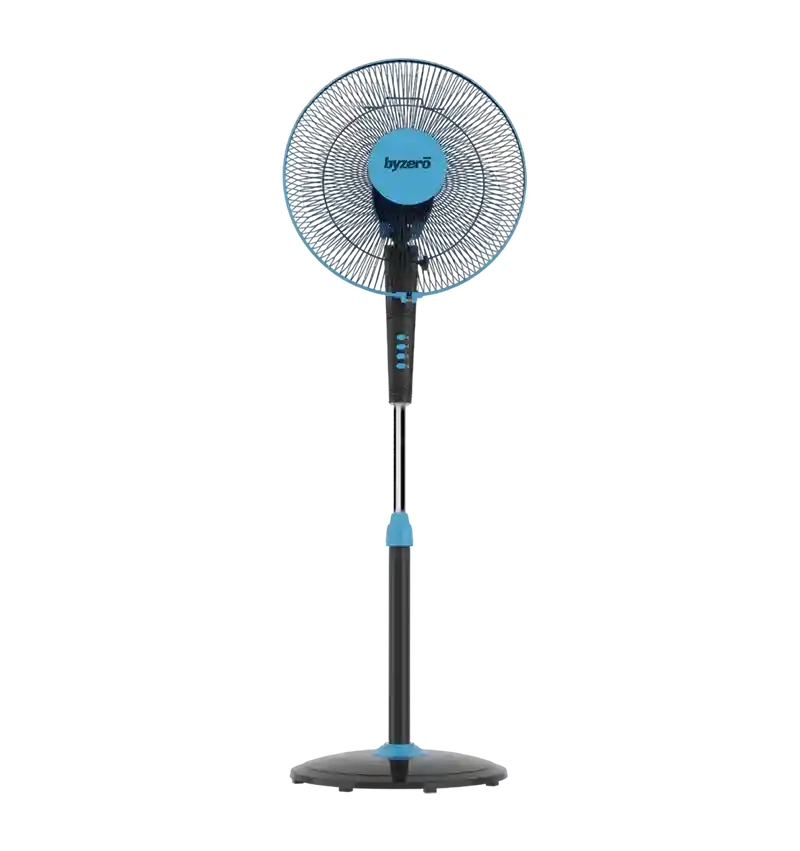
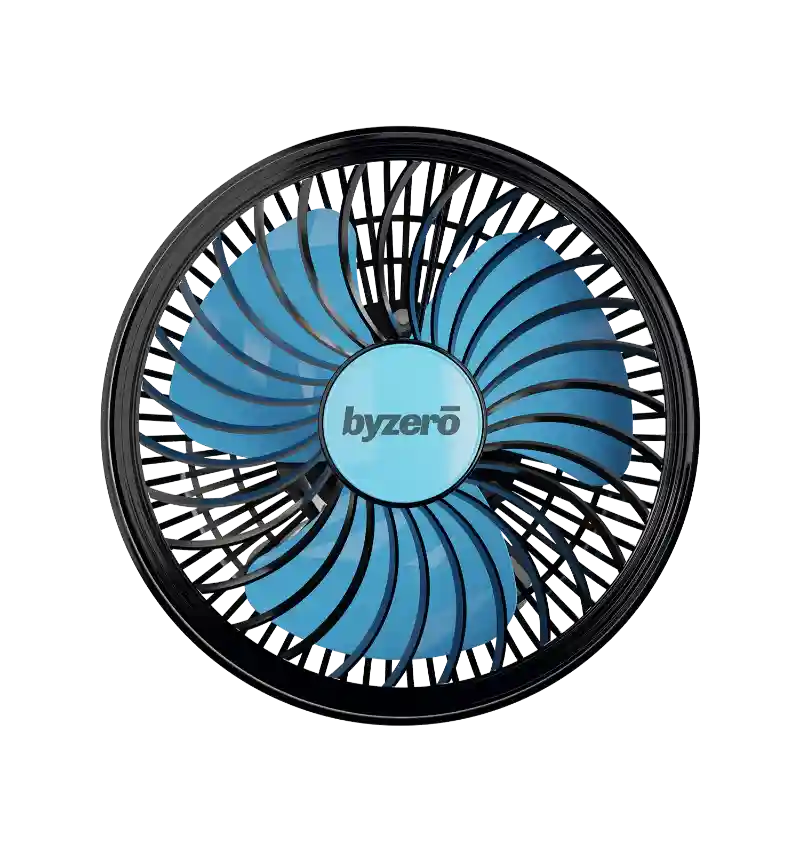
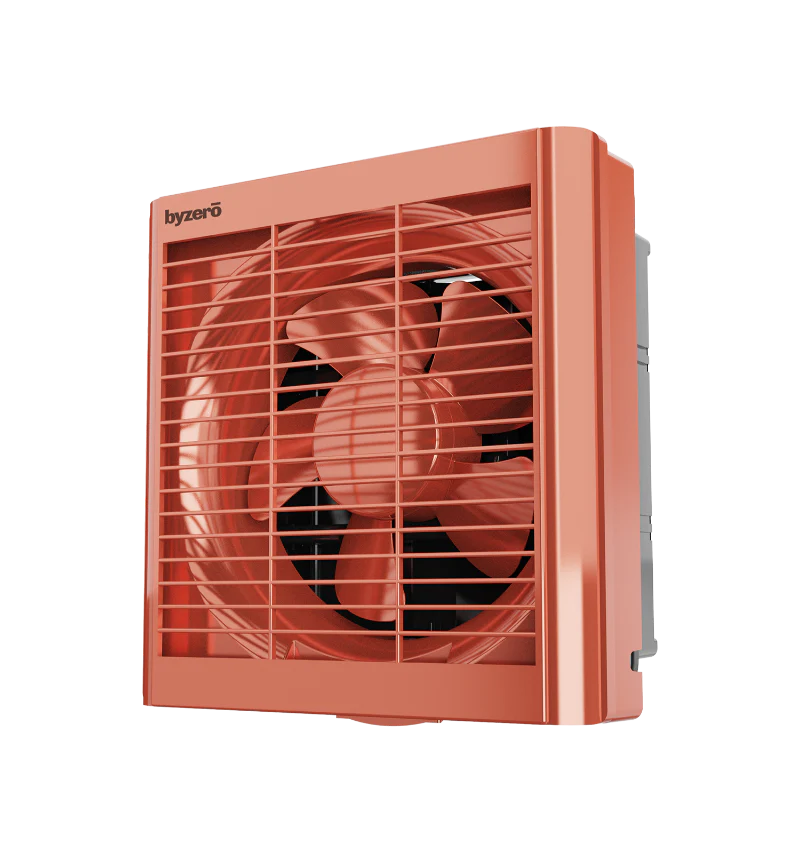



Leave a comment